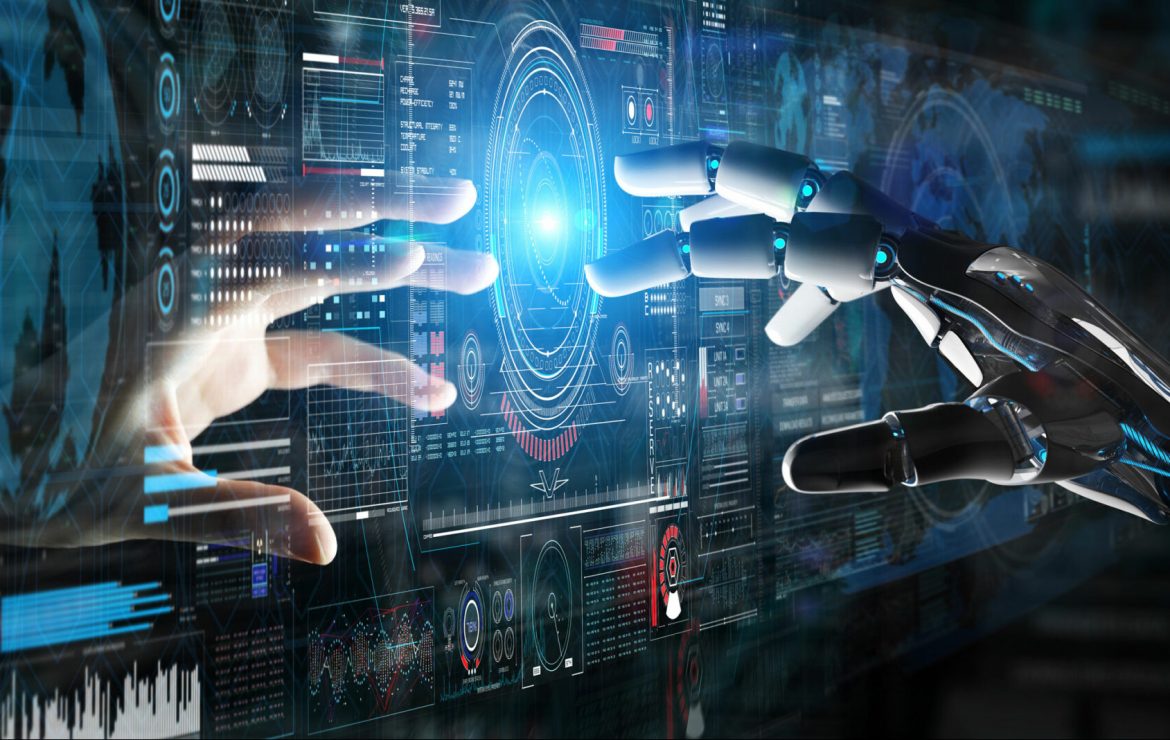Many scientists are revisiting the concept of artificial intelligence, which they see above all as a marketing tool for companies.
Last January, at the International Consumer Electronics Show (CES) in Las Vegas, the world’s biggest tech expo, gadgets and devices that don’t use artificial intelligence were rare.
For example, an app called “Nufa” defines itself as a “pioneer in body transformation through AI.”
The mobile app allows users to edit a photo to see themselves with a slim and athletic body, and motivate themselves to follow a 90-day plan to achieve this result “in real life.”
AI is here to stay
AI “isn’t just a buzzword to win the CES bingo,” noted tech analyst Avi Greengart.
The technology “is used in smartphone cameras, in factories to spot defective products, in agriculture to identify weeds and spray them with weed killer. AI is here to stay,” he said.
For Emil Jimenez, founder of MindBank Ai, artificial intelligence is a “quest for immortality”, and a way to ensure that his daughter could always ask her daddy a question.
The app Emil developed allows users to record their answers to deeply personal questions, such as “What does love mean to you?” to “save their thoughts forever on the cloud”.
Aside from this ambition, the app attracted many users by offering to provide them with a better understanding of themselves, as it uses a mental-linguistic program to analyze users’ speeches to clarify their emotions.
AI can also be used to understand crowds. Canadian company Advanced Symbolics has developed askpolly, which trawls through social media to conduct market research in just minutes.
The user can ask it a question such as “Is this a good time to buy an apartment?” or “Should underage criminals go to jail?” and the program scans social networks like Twitter and Instagram to survey public opinion on a large scale.
In 2022, automated innovation algorithms created controversy, specifically the California-based company OpenAI, which came up with ChatGPT 3, an easy-to-use software that can generate a poem or a school essay in seconds, and DALL-E which creates visual art.
Furthermore, French start-up Imki has designed a sound and light show for the ancient Roman theatre in southern France using similar programs.
“This allows us to create content quickly with very low production costs,” said Marie Lathoud, marketing director of Imki, adding that “it provides the art director with a very wide range of images in a short time”.
While Lathoud sees AI as a tool for artists, Saket Dandotia, director of operations at Magnifi, admitted that so-called generative AI represented a threat to the designers it will replace, much like robots in factories.
His team created Strobe, an automated video software. “For us, AI is a huge opportunity, which will transform the entire creative design industry,” he said
The Emotional Thermometer
Among the many innovations at CES, one of the most impressive AI-based innovations is an “emotional thermometer” capable of analyzing human feelings.
The health sector has long relied on artificial intelligence to collect large amounts of data and analyze them in real-time, to diagnose diseases ranging from cancer to urine analyses.
“We as humans can’t handle all the ideas we produce so we need help with that,” said Steve Koenig, vice president of research at the Consumer Technology Association, which organizes CES.
Anthony Perzo, CTO of the French company that created The Emotional Thermometer, explains that the figurine-like Emobot is “constantly monitoring feelings” using its camera and microphones.
Perzo’s Emobot is used to detect possible psychiatric disorders in the elderly and could help caregivers in nursing homes adjust treatment without waiting for the next visit from the psychiatrist.
Emobot, which can be placed on any piece of furniture in the home, spends its day monitoring the person’s facial expressions, movements, and tone of voice to monitor any major changes that may occur in his behaviour and thus eliminate the need for emergency hospitalization.
Anthony Bierzo, along with the three other Emmobot co-creators, hopes to find an answer to the risks associated with loneliness and the perceived lack of access to health care.
Their device, which was tested in nursing homes and several homes, can help adjust treatments without the patient having to wait for his doctor’s appointment.
The technology can “analyze micro facial expressions” that reflect human emotions, which are a magnifier of our psychological and psychiatric state”, said the engineer.
Sources and references: AFP












